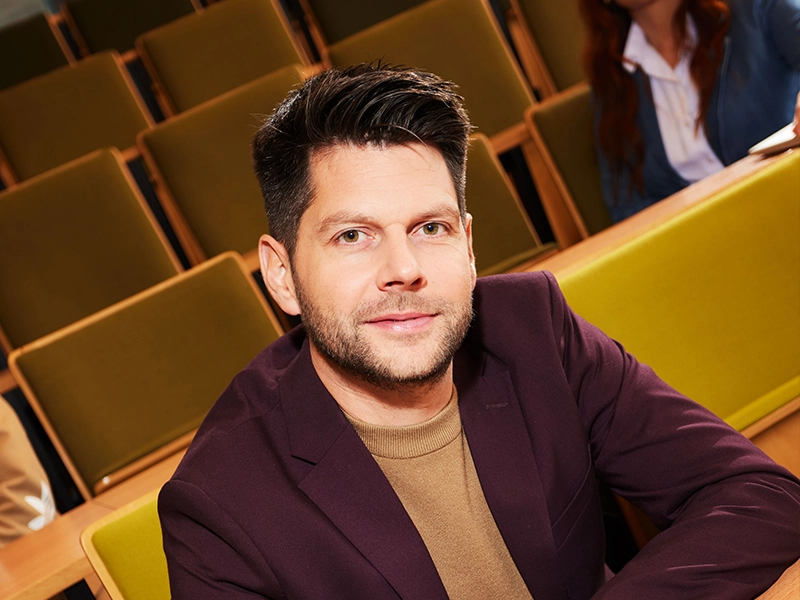Using the energy transition as a lever to improve the quality of life in vulnerable neighborhoods was the goal of the experimental program Making Vulnerable Neighborhoods Sustainable (“Verduurzaming van Kwetsbare Wijken”) by Platform31, Nyenrode Business University and eighteen municipalities. Residents in vulnerable neighborhoods face problems more than average. However, involving them is crucial to success. In collaboration with the participants of the experimental program and psychologist Niels Götz of 5plus1, Prof. Dr. Anke van Hal, Professor of Sustainable Construction at Nyenrode, wrote a publication about the experiences with involving residents in this challenging task.
“Especially now, in times of rapidly increasing energy prices, it is crucial to work together with residents in vulnerable neighborhoods with regard to the energy transition”, says Van Hal.
Involving residents
In vulnerable neighborhoods, there is an accumulation of social challenges. Many residents struggle with problems such as poverty and debt, unemployment and unhealthy lifestyles, (chronic) illness, loneliness and an aging population. In these neighborhoods, many people who do not experience such problems in person are actively engaged in the energy transition. It is hard for them to empathize with the living conditions of these residents.
This may be one of the reasons why it is hard to get residents of such neighborhoods involved in the energy transition. There is, however, a great deal of knowledge available, both scientific and experience-based, that can help making collaboration in this field attractive for residents and other parties involved.
Van Hal: “A quote from writer ‘Eus’, that the humiliation, which he says always accompanies poverty, is often completely underestimated by people who do not experience it, provided me with a lot of meaning to our experiences in the program.”
Working together on energy transition
This publication summarizes insights from both the practice and science. The process of the energy transition is described based on a case study of a fictitious neighborhood. Finally, a reflection on the process description in the fictitious neighborhood follows from the knowledge described in the first part and from additional (practical) knowledge.
During the experimental program Making Vulnerable Neighborhoods Sustainable (“Verduurzaming van Kwetsbare Wijken”), Platform31, Nyenrode Business University and 18 participating municipalities (and their partners) and the program Natural Gas-Free Neighborhoods (“Aardgasvrije Wijken”) began to investigate at the end of 2018 how the energy transition could be utilized to improve the quality of life in vulnerable neighborhoods. The objective of the program was to develop strategies and solutions that contribute to integral neighborhood improvement, so that this ultimately results in sustainable, livable and therefore future-proof neighborhoods. The program ran until the end of 2021.
Click here for the publication.
Related programs
-
Modular Executive MBA in Business & Sustainable Transitions
Start date: spring & autumnLanguage:- Dutch
Location:- Breukelen
The Modular Executive MBA in Business & Sustainable Transitions focuses on transitions underway around sustainability.
View program
